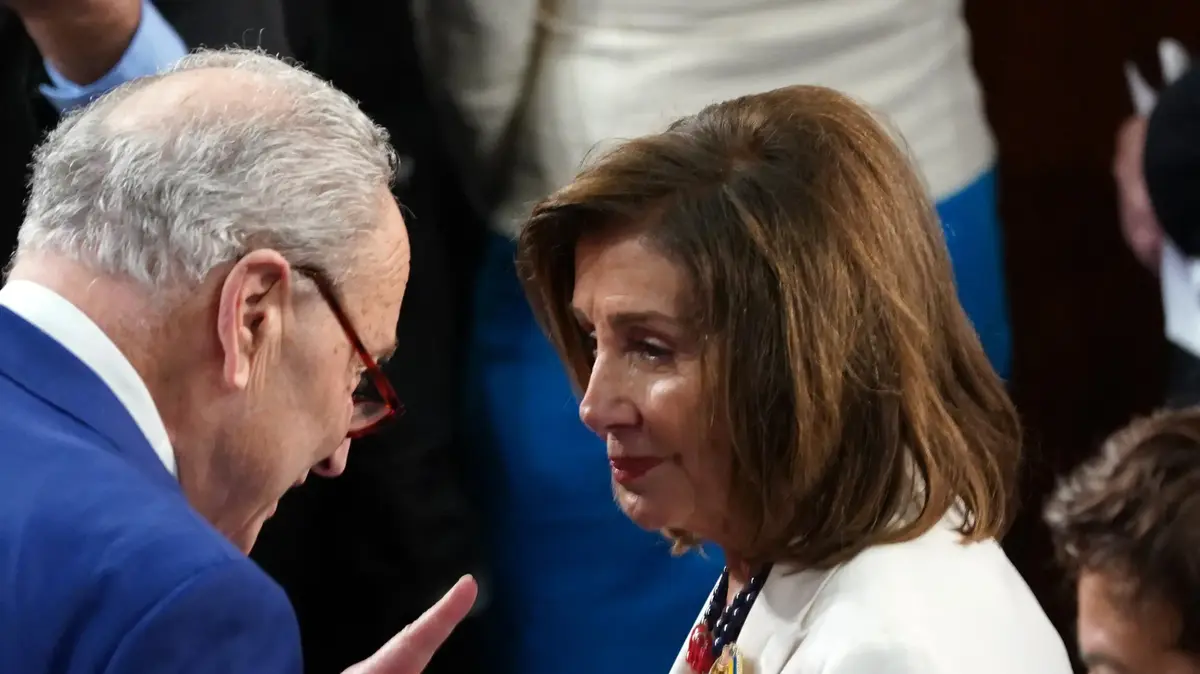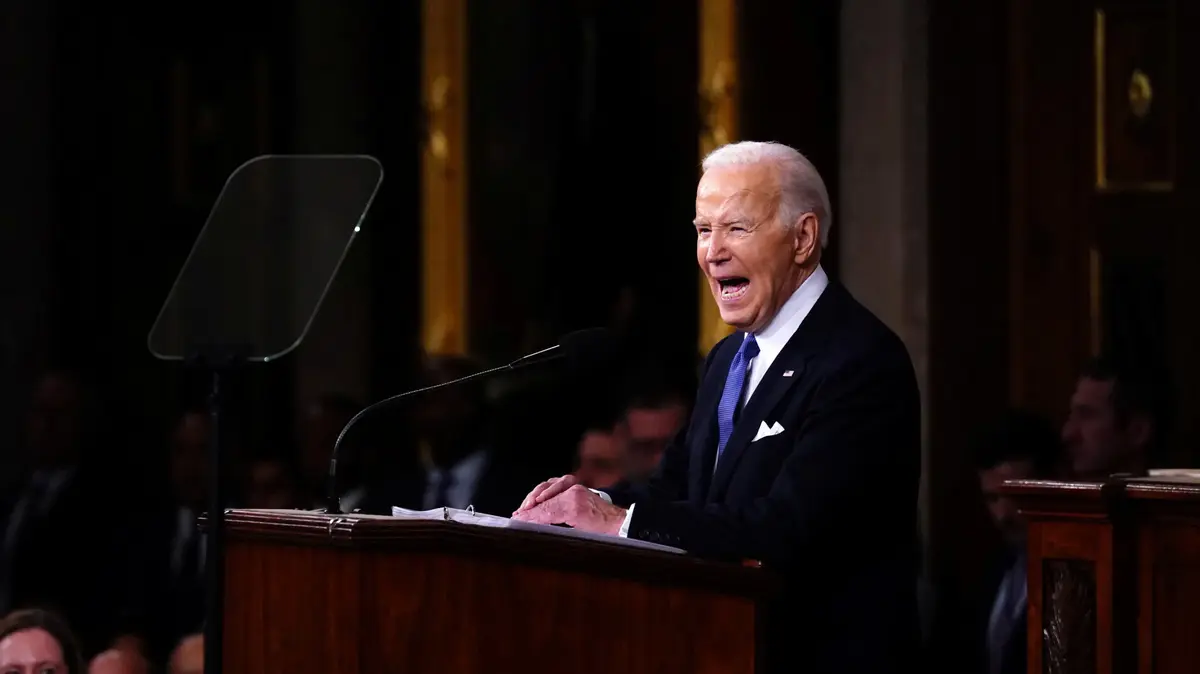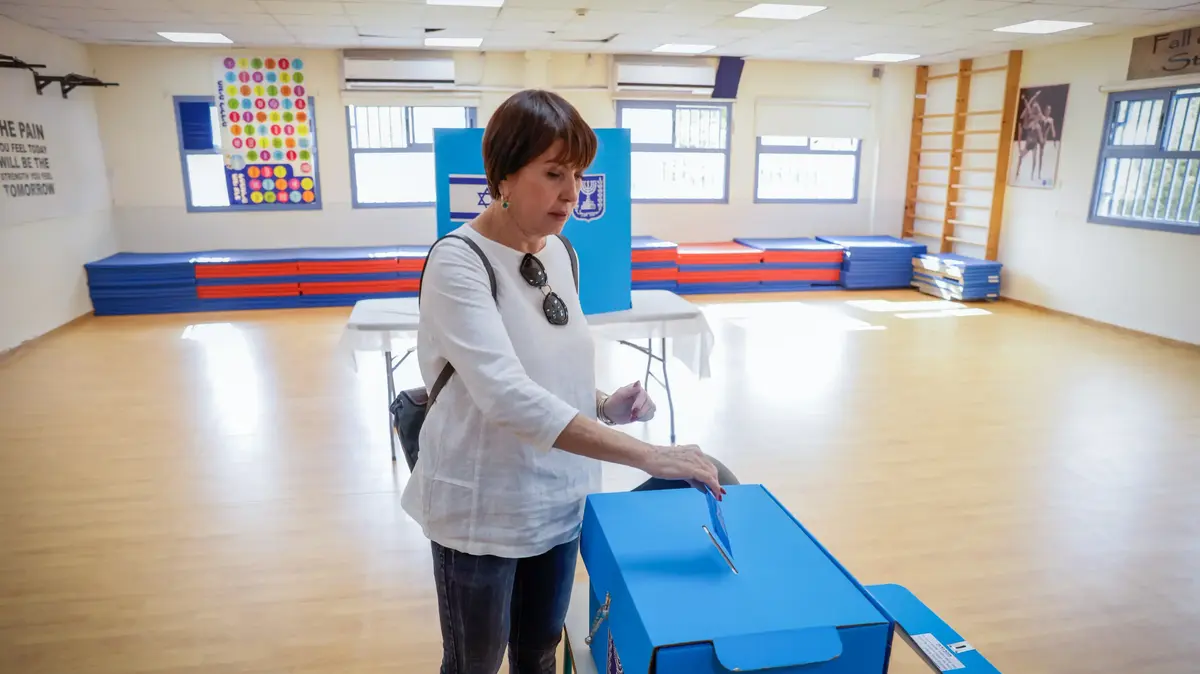It seems that what started as an ideological rivalry has over the years become a chessboard of personal considerations • This is how US presidents have over the years managed to sweep away the "swinging" voices • Fourth article in the series
Protesters against voting on the mail network // Photo: AFP
The "rivalry" between the Republican and Democratic parties is long-standing, but not many know that the familiar party perception today has begun to reverse. The most notable example was in the days of the first American president, Abraham Lincoln, when the Republican Party was against black slavery in the country, while the Democrats were in favor.
In 1964, the "Civil Protection Act" was signed by Democratic President Lyndon Johnson, who replaced John F. Kennedy after his assassination. It was the decision that turned everything around - until the signing, the southern states were considered democracies, but from that moment until today, the bowl has been turned upside down and these states have a majority of Republican voters.
At the same time, the American concept of separatism that stood out during World War I, and which led to late intervention in World War II, also reflects the differences between the two parties. On the one hand, Democrats advocate over-intervention, the amendment of non-Western world countries, and the spread of the democratic idea. Republicans, on the other hand, advocate separatism, except in extreme cases or matters related to U.S. allies.
"Passing side"
Incumbent President Donald Trump adopted President Franklin Roosevelt's New Deal coalition, which included white middle-class voters and "moved them aside." He almost completely eliminated the issue of the party platform and took up populism, which Democrats loved so much to use, and built a new coalition bearing his name.
The Trump coalition includes the "swinging" voters, those who do not know who to vote for and sitting on the fence, the workers, the blue-collar class members, the independents, anti-establishment voters, and it has swept away the white women as well.
Democratic candidate Joe Biden brings with him years of experience in politics, but the various conflicts and worldviews within the party, combined with the corona crisis in the country and the black protests following the death of George Floyd, which led to many protests among citizens - could cause many Democrat voters to change Through them.
Another difference between the two government worlds is how the budget and resources are distributed. While Republicans want to reduce the budget allocated to security as part of the separatist concept, Democrats, peacekeepers and the introduction of the government concept into "failed" states are in favor of raising it.
One of the significant turning points in the history of the Republican Party was with the decision of George W. Bush Sr. to give up the "ideas", which meant - no longer applying a free market and spreading the system of democracy in the world, but beyond actions, as he did with the entry and intervention in the Middle East. "Storm in the Desert", known to Israelis as the Gulf War.
Another point that should be emphasized is the pressure groups of the parties; On the conservative-right side are the evangelists, the industry and oil, the various corporations, the arms organizations and of course the NRA. Opposite the corner are labor unions, American Jews and the Hollywood music and entertainment industry.
Over the years, the decisions of Democratic presidents have led to harsh criticism from the citizens - whether it is the unpopular war in Iraq and the repeated declarations of the withdrawal of forces, or economic crises like in 2008, which can affect the turnout and voting.
Take advantage of the situation
There is no doubt that the differences between worldviews will also be reflected in the upcoming elections, but especially in the candidates. Let us not forget that this is a historic period that can also set the tone for voters, and Trump and Biden do not forget that and sometimes even use it to their advantage. Today we no longer deal with the promotion of party ideology, but more with the promotion of small interests.







/cloudfront-eu-central-1.images.arcpublishing.com/prisa/57W3XJJOEVD6DPVJCW54P3NVUE.jpg)
